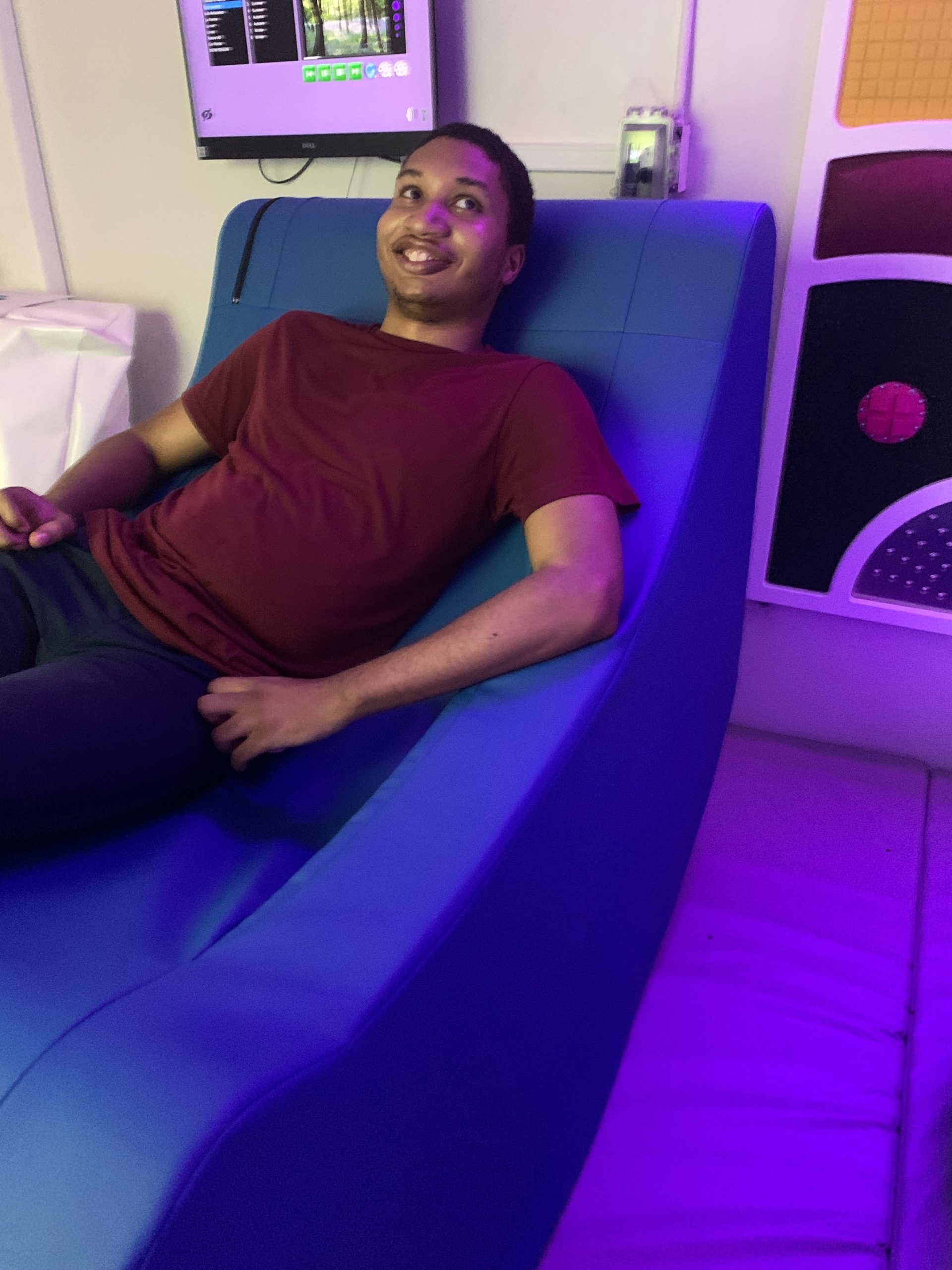Sensory therapy, also known as Sensory Integration Therapy, is an effective therapeutic approach for individuals with autism spectrum disorder (ASD). This form of therapy focuses on helping individuals process and respond to sensory information in a more adaptive, constructive way. People with autism often experience sensory processing challenges, which can significantly impact their daily functioning. Sensory therapy aims to address these challenges, providing numerous benefits that enhance their overall well-being and quality of life.
- Improved Sensory Processing and Regulation
One of the primary benefits of sensory therapy for people with autism is improved sensory processing and regulation. Individuals with autism may be hypersensitive (over-responsive) or hyposensitive (under-responsive) to sensory stimuli. Sensory therapy uses activities that provide structured sensory input to help individuals modulate their responses to sensory information. Over time, this can lead to a more balanced sensory processing system, reducing the occurrence of sensory overload or sensory-seeking behaviors.
- Enhanced Emotional Regulation
Emotional dysregulation is common in individuals with autism and is often linked to sensory processing difficulties. Sensory therapy helps individuals develop coping mechanisms to manage their sensory experiences, which in turn can lead to better emotional regulation. By learning to tolerate and appropriately respond to sensory stimuli, individuals can experience reduced anxiety, frustration, and meltdowns. This emotional stability enhances their ability to engage in everyday activities and interactions more effectively.
- Increased Focus and Attention
Many individuals with autism struggle with maintaining focus and attention, particularly in environments with distracting sensory input. Sensory therapy can help improve attention span and concentration by addressing underlying sensory processing issues. By providing activities that stimulate the senses in a controlled manner, sensory therapy helps individuals become more accustomed to processing sensory information. This increased comfort with sensory input can lead to better focus and attention in various settings, including school, home, and social environments.
- Development of Motor Skills
Sensory therapy often involves activities that promote the development of fine and gross motor skills. For example, tasks that require manipulating small objects, balancing, or coordinating movements can enhance motor skills. Improved motor skills are crucial for daily living activities, such as dressing, eating, and writing. Additionally, better motor coordination can boost confidence and independence.
- Enhanced Social Skills and Interactions
Sensory therapy can also positively impact social skills and interactions. Sensory processing difficulties can make social situations overwhelming for individuals with autism, leading to social withdrawal or socially inappropriate responses. By helping individuals manage their sensory experiences, sensory therapy can make social interactions less daunting and more enjoyable. This can lead to increased participation in social activities and improved relationships with peers and family members.
- Promotion of Independence
As individuals with autism become better at managing their sensory needs, they often gain greater independence. Sensory therapy equips them with strategies to cope with sensory challenges in various environments, reducing their reliance on caregivers. This increased independence can enhance their ability to participate in a wider range of activities and experiences, contributing to a more fulfilling and autonomous life.
Shrub Oak International School provides a variety of sensory therapy opportunities for our students. From sensory art activities to our Snoezelen Room, we offer different ways to engage with all levels of sensory input. Sensory art activities include: scented sensory putty, shaving cream play, playdough, and many types of sensory squish toys/items. Our Snoezelen Room is a fully equipped sensory space featuring: sensory padded floors, light displays, sensory toys, sensory furniture, and music/soundscapes. This room is fully adaptable depending on each student’s sensory preferences and needs.
Overall, the benefits of sensory therapy contribute to an improved quality of life for individuals with autism. By addressing sensory processing issues, individuals can experience greater comfort, reduced stress, and enhanced participation in daily activities. This holistic improvement in well-being allows them to achieve their full potential and enjoy a higher standard of living.
Sensory therapy offers a comprehensive approach to addressing the sensory processing challenges faced by individuals with autism. Through improved sensory regulation, emotional stability, focus, motor skills, social interactions, and independence, sensory therapy can significantly enhance the quality of life for those with Autism Spectrum Disorder. As awareness and understanding of sensory processing issues continue to grow, sensory therapy remains a crucial component of therapeutic interventions for individuals with autism.








